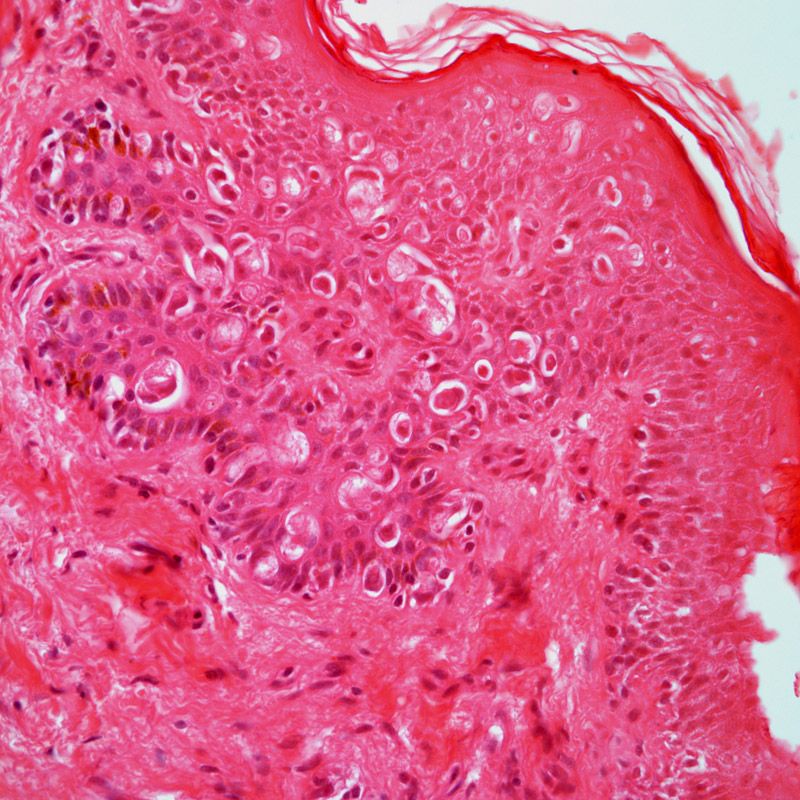
Genitourinary Cancers
Latest News
Latest Videos

Podcasts
More News

Phase 1/2 data support further development of ARV-766 in advanced prostate cancer, says Daniel P. Petrylak, MD.

The rate of subsequent anticancer therapy was reduced with darolutamide vs placebo in patients with mHSPC in the ARASENS trial.
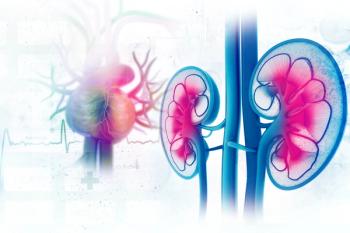
KIM-1 was the most significantly enriched circulating protein in recurrence vs baseline serum samples among patients in the IMmotion010 trial.

Ongoing research may clarify the potential benefit of avelumab when administered in combination with other agents in advanced urothelial carcinoma.

Spatial analyses may help determine factors that influence responses to sacituzumab govitecan-containing regimens in urothelial carcinoma.
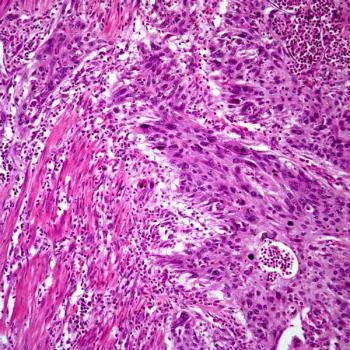
Less than half of the patients enrolled on cohort H of the EV-103 trial required subsequent anticancer therapy following enfortumab vedotin.

Data from the EMBARK trial show no significant differences in sexual activity and urinary symptoms when suspending treatment with enzalutamide.

Attending educational sessions may help with understanding how to manage toxicities associated with enfortumab vedotin in rare genitourinary cancers.

Leaders in genitourinary oncology spoke about key research advances as well as personal experiences in navigating the field.

Determining Personal and Professional Work/Life Balance in GU Oncology
Two women in genitourinary oncology discuss their experiences with figuring out when to begin a family and how to prioritize both work and children.

Observing the Evolving Prostate Cancer Landscape and Hopes for the Future
Over the past few decades, the prostate cancer space has evolved with increased funding for clinical trial creation and enrollment.

Taplin’s Key to a Successful GU Career: “Always Finish” What You Start
Mary-Ellen Taplin, MD, gives her advice on how to achieve work-life balance and make other career advancements in genitourinary cancer.

Findings Ways to Embrace Work-Life Balance as a GU Oncologist
A long commute can significantly impact your work-life balance, according to Mary-Ellen Taplin, MD.

The panel discusses key learnings from recent studies in non-clear cell RCC subtypes and the need to better understand disease biology to develop optimized, histology-specific therapies rather than extrapolating clear cell treatment approaches.

Interim findings from a phase 3 trial support adjuvant pembrolizumab as a new therapeutic option for those with muscle-invasive urothelial carcinoma at high risk of recurrence.

Combining pembrolizumab with cabozantinib produces encouraging efficacy in platinum-ineligible patients with advanced urothelial carcinoma, says Rohit K. Jain, MD, MPH.

Benefits with enfortumab vedotin plus pembrolizumab in prespecified patient subgroups with urothelial carcinoma in the EV-302 trial appear to be consistent with outcomes in the overall study population.

Findings from the phase 3 PROpel trial suggest that olaparib plus abiraterone acetate may help patients with metastatic castration-resistant prostate cancer live longer, according to Neal Shore, MD, FACS.

Testing for HRR status prior to a diagnosis of metastatic castration-resistant prostate cancer may allow for earlier treatment and potentially greater clinical benefit with olaparib, according to Daniel J. George, MD.
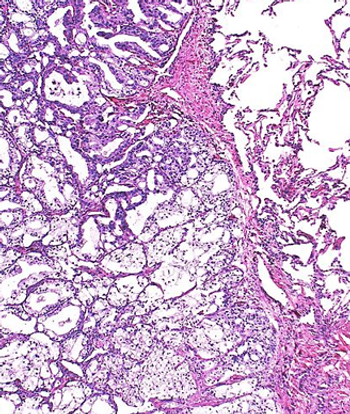
Results from a post hoc sensitivity analysis of the phase 3 ARASENS trial appear to affirm the primary overall survival analysis findings.

Data from the GETUG-AFU 18 trial support high-dose radiation plus long-term androgen deprivation therapy as a standard of care in high-risk prostate cancer.

Four of 5 patients with prostate cancer and ctDNA positivity had disease progression following treatment with darolutamide plus androgen deprivation therapy in a phase 2 trial.

Six months of intensified androgen deprivation therapy plus next-generation anti-androgens may be an attractive option for those with prostate cancer and rising prostate specific antigen levels following prostatectomy.

The overall incidence of bone fractures with prior EBRT to the bone in patients with metastatic castration-resistant prostate cancer remains low.
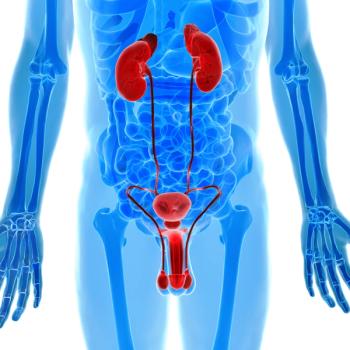
Additional education on tumor testing and PARP inhibitor therapy is warranted for patients with metastatic castration-resistant prostate cancer, according to Neal Shore, MD, FACS.






